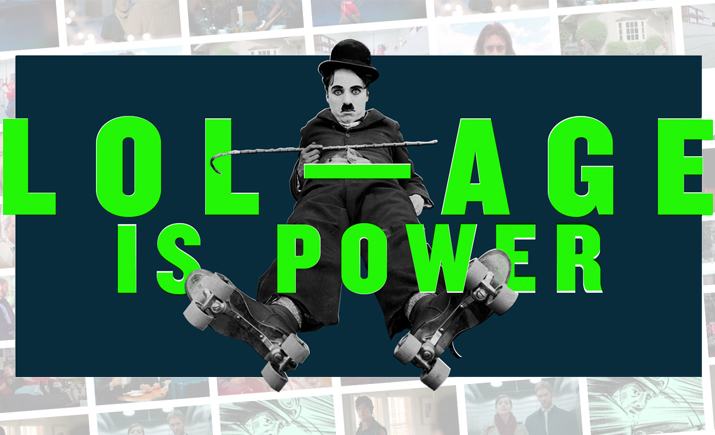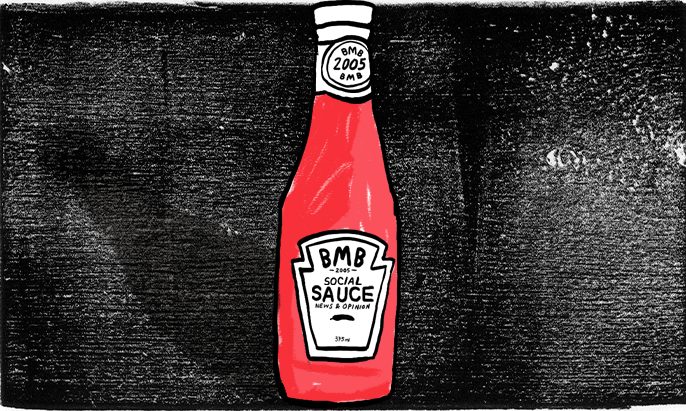
Thinking
Warmth, Competence and the Lessons from the Failure of Brand Corbyn
18.12.19
Jeremy Corbyn may have made voters nervous at a core psychological level, but can Labour come up with a new leader who is both sympathetic and able?
When we judge someone, social psychology tells us that the first assessment is very simple and very telling. Within moments of first meeting anyone, we rank them on two dimensions – their warmth and their competence. It is a behaviour that goes back to the evolution of humanity as social apes and it also tells us why Jeremy Corbyn was an electoral disaster in 2019.
Here’s how it works. ‘Warmth’ reflects our judgement of someone’s positive or negative intent towards us. Do they wish us good or bad things? ‘Competence’ measures how likely that person is to carry out that intent. So if someone is high warmth, they wish us well and high competence, they are capable of doing it, then we admire, respect or even love them. If they are low warmth and high competence we might fear them. That’s a hostile ape that’s big enough to steal my dinner.
In the electoral case of Mr Corbyn, there seemed to have been two very different negative psychological responses. To many, Corbyn was high warmth – he wanted good things for us – but low competence – we didn’t believe he could get them done. This elicits nothing more than a damp puddle of slightly dismissive pity. For ardent leavers, Corbyn was low warmth – he wanted to thwart their will – but also low competence – he wasn’t so good at doing stuff. This arouses the worst of all possible political judgements – a sneering, indelible contempt. Neither of these is a recipe for electoral success.
As the Labour party heads into a tumultuous time of redefining itself and finding a leader that will appeal to the many and not the few, it is best to go back to psychological basics – which candidate will prove that they want the best for me and do I believe they will be capable of delivering it?
But beyond the confines of the Labour tribe, the case of Corbyn might also be instructional to brands. Social psychology also tells us that these snap judgements of warmth and competence apply as much to products, companies and brands as they do people. Fundamentally, we relate to brands in the same way as we relate to people – hence we can be suckers for the charismatic brand, be that a brand of politician, fashion or tech. What the sorry tale of brand Corbyn perhaps teaches us, is that we judge brands on much more than what they say – we judge them on how convinced we are of their ability to fulfil their attractive promises.










































